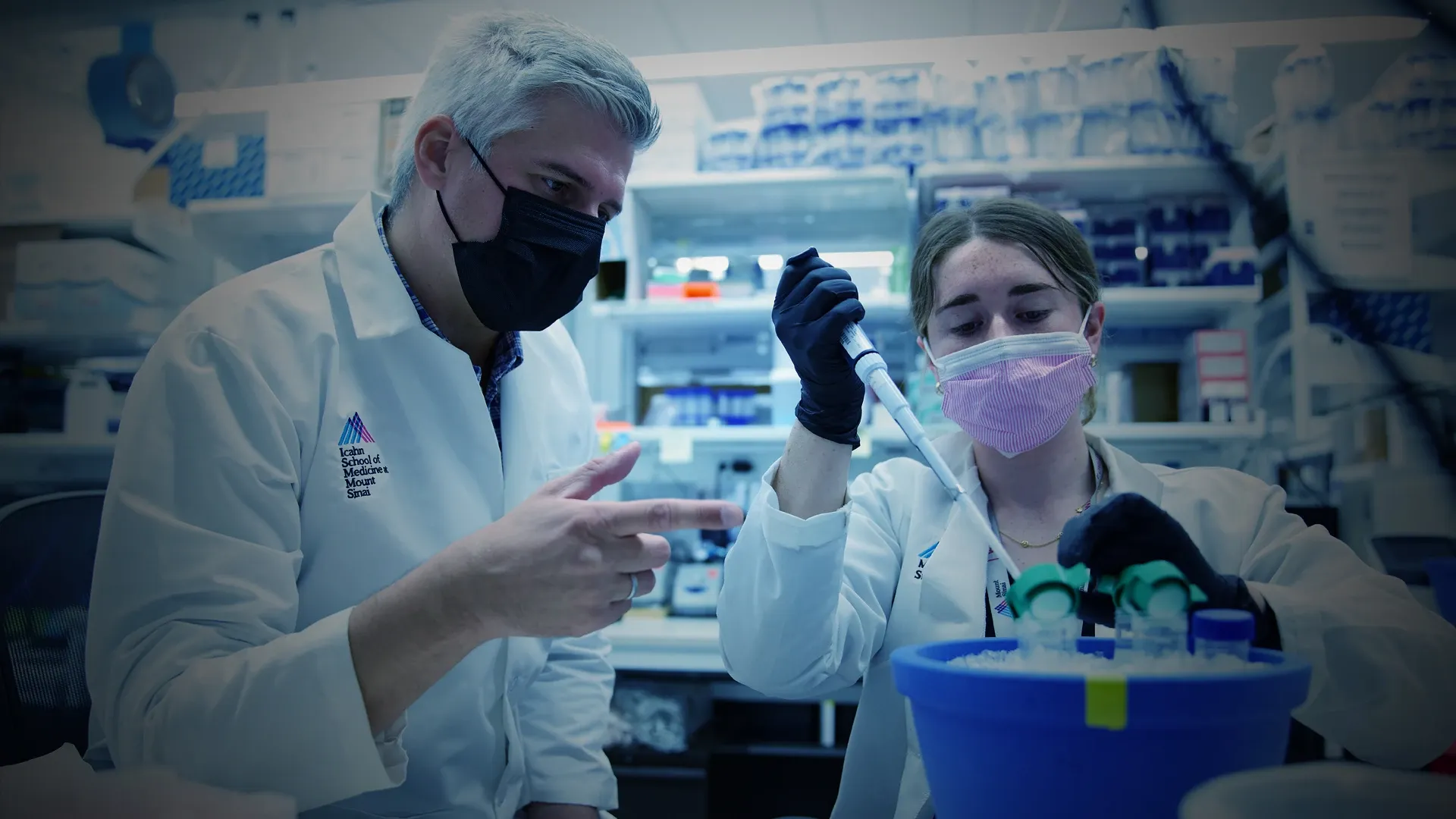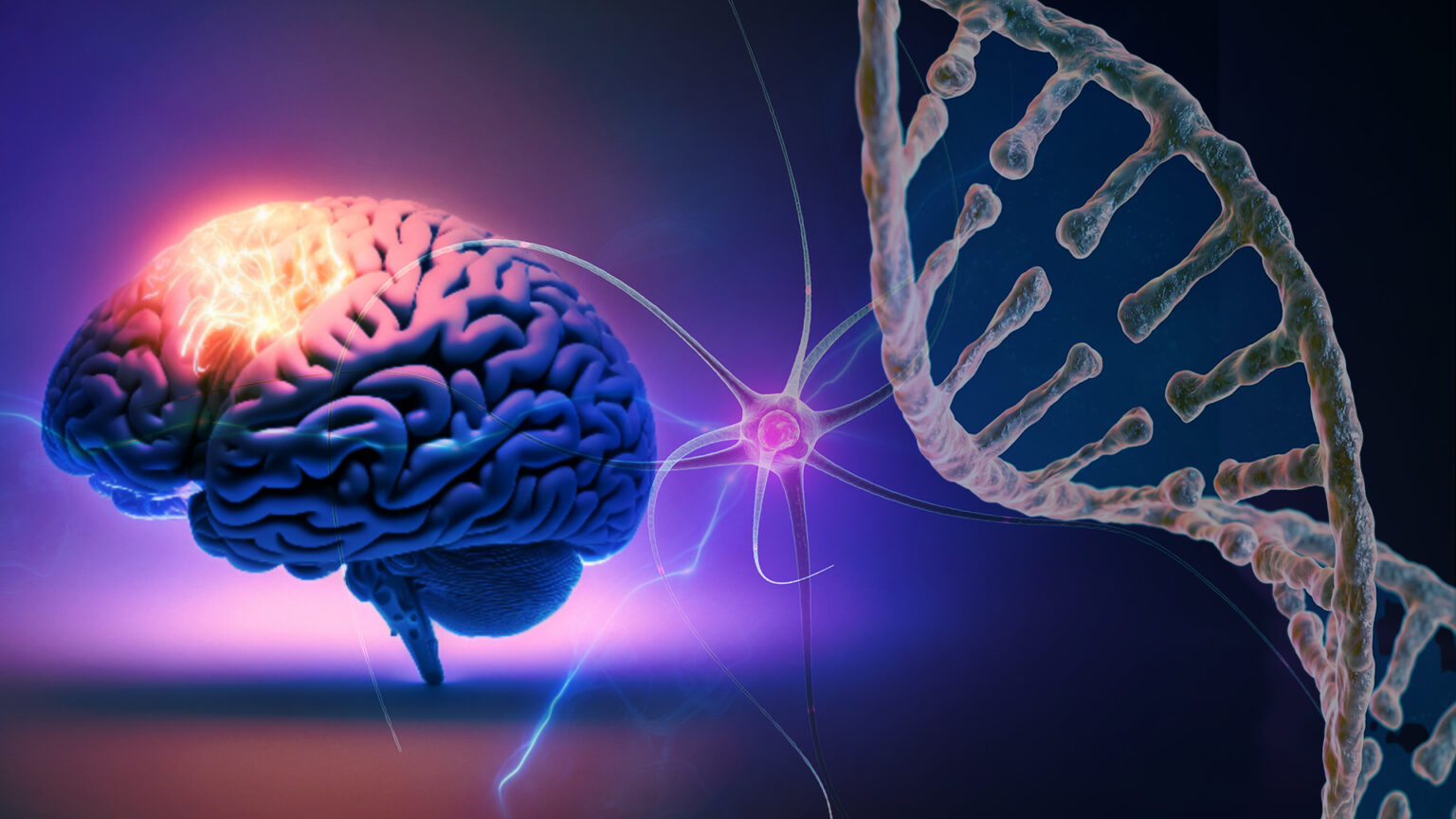Neurogenomics for PMHNPs: Tailoring Treatment with Genetic Data

In recent years, the field of psychiatric care has begun to embrace the power of genetic science, moving towards more personalized and effective treatment strategies. One of the most promising advancements in this domain is neurogenomics, which explores how an individual's genetic makeup influences their brain function, behavior, and response to psychiatric medications. As psychiatric mental health nurse practitioners (PMHNPs) face the growing challenge of treating complex mental health disorders, neurogenomics offers an evidence-based pathway to precision care. Traditionally, mental health treatment has often involved a process of trial and error when prescribing medications, with clinicians adjusting dosages and switching drugs based on observed patient responses. This can lead to prolonged periods of patient suffering, non-compliance, and adverse side effects. Neurogenomics can significantly reduce this uncertainty by identifying genetic markers that predict a patient’s response to specific treatments. For PMHNPs, integrating neurogenomic data into clinical practice means not only improving treatment efficacy but also enhancing patient trust and engagement. When patients understand that their treatment is tailored to their unique biology, they are more likely to adhere to medication regimens and participate actively in their care. Furthermore, neurogenomics can offer valuable insights into a patient’s susceptibility to certain mental health disorders, enabling early intervention and preventive strategies. With mental health conditions such as depression, anxiety, bipolar disorder, and schizophrenia showing genetic components, the ability to decode and apply this genetic information is a game-changer. As technology advances, genetic testing is becoming more accessible, cost-effective, and clinically validated, making it an indispensable tool in the modern PMHNP's toolkit. This blog will delve deep into the world of neurogenomics, examining its relevance, practical applications, ethical considerations, and how PMHNPs can harness this science to revolutionize psychiatric care.
What is Neurogenomics and Why Does it Matter for PMHNPs?
How Genetic Testing Works in Psychiatric Practice
Ethical Considerations and Limitations of Neurogenomics
Conclusion
Neurogenomics is not a distant, speculative advancement—it is rapidly becoming a standard component of personalized psychiatric care. For PMHNPs, this represents an extraordinary opportunity to elevate clinical practice, moving away from trial-and-error prescribing to targeted, genetically informed treatment strategies. By embracing neurogenomics, PMHNPs can offer their patients faster relief, reduced side effects, and more sustainable therapeutic outcomes. However, the adoption of this science requires careful navigation of ethical, educational, and systemic considerations. Ensuring equitable access, safeguarding genetic privacy, and continuously updating clinical knowledge will be vital for responsible integration. The promise of neurogenomics lies not in replacing clinical judgment but in enhancing it, providing PMHNPs with a powerful tool to better understand their patients and refine their therapeutic approaches. As genetic testing becomes more affordable and widely available, it is likely to become an indispensable part of psychiatric evaluations and treatment planning. PMHNPs who proactively engage with this emerging field will be better positioned to lead the next generation of mental health care. The future of psychiatry is deeply personal, and neurogenomics is a key to unlocking individualized, precise, and compassionate treatment. The journey toward precision psychiatry has begun, and PMHNPs are at the forefront of this transformative evolution.
FAQs
1. What is neurogenomics in psychiatry?
Neurogenomics is an advanced scientific field that explores how genetic variations impact brain development, function, behavior, and susceptibility to mental health disorders. It merges neuroscience, psychiatry, and genomics to understand the biological foundations of psychiatric conditions. This approach helps move mental health care from generalized symptom-based treatment to more individualized care. For PMHNPs, neurogenomics provides a deeper, evidence-based framework for diagnosis and treatment. It is transforming psychiatry into a more precise and biologically informed practice.
2. How does neurogenomics benefit PMHNPs?
Neurogenomics helps PMHNPs predict individual medication responses, allowing for more personalized prescribing and reducing the risks of side effects and ineffective treatments. It significantly cuts down the traditional trial-and-error method in psychiatric care. By using genetic insights, PMHNPs can design highly tailored treatment plans that better match a patient’s biological profile. This improves treatment outcomes, patient satisfaction, and adherence. Ultimately, neurogenomics empowers PMHNPs to deliver safer, more precise psychiatric care.
3. What is pharmacogenomics and how is it used in psychiatry?
Pharmacogenomics is a specialized branch of neurogenomics focused on how genetic differences affect a person’s response to psychiatric medications. It helps PMHNPs understand how quickly or slowly a patient might metabolize drugs, which impacts dosing and side effects. This information guides more effective medication selection and dosage adjustments. In psychiatry, pharmacogenomics is especially useful for managing treatment-resistant cases and minimizing adverse drug reactions. It helps clinicians make safer, evidence-based prescribing decisions.
4. Is genetic testing for psychiatric patients widely available?
Yes, genetic testing has become increasingly accessible in psychiatric settings, with most tests requiring only a simple cheek swab or saliva sample. The results usually take a few days to a couple of weeks and can provide detailed genetic profiles related to medication metabolism. However, the cost of genetic testing can vary, and insurance coverage is not always guaranteed. Accessibility may also differ based on geographic location and healthcare infrastructure. Despite these factors, genetic testing is rapidly becoming a valuable tool in personalized mental health care.
5. What are the ethical concerns associated with genetic testing in psychiatry?
Genetic testing in psychiatry raises several ethical issues that PMHNPs must handle with great care. Key concerns include protecting patient privacy, preventing genetic discrimination in employment or insurance, and addressing the risk of genetic determinism. Patients may worry about how their genetic information will be stored, who will have access to it, and whether it could be used against them. PMHNPs must ensure informed consent, provide thorough education, and discuss potential risks. Ethical use of genetic testing requires transparency, sensitivity, and strict confidentiality protocols.
6. Can genetic testing accurately predict mental health outcomes?
No, genetic testing cannot fully predict whether someone will develop a mental health disorder or guarantee how they will respond to treatment. It offers valuable information about genetic predispositions and potential medication responses but is not a standalone solution. Mental health outcomes are shaped by a complex mix of genetic, environmental, social, and psychological factors. PMHNPs should use genetic data as one piece of a much larger clinical puzzle. Comprehensive assessments remain essential for effective psychiatric care.
7. How can PMHNPs become proficient in neurogenomics and pharmacogenomics?
PMHNPs interested in neurogenomics should pursue specialized training through continuing education, certification programs, or workshops from accredited organizations. Institutions like the Clinical Pharmacogenetics Implementation Consortium (CPIC) and the American Psychiatric Nurses Association (APNA) offer excellent resources. Building competency in this area requires learning how to interpret genetic reports, understand pharmacogenomic guidelines, and apply this knowledge responsibly in clinical settings. Ongoing education is crucial since the field of neurogenomics is rapidly evolving. Staying updated ensures PMHNPs provide safe, current, and evidence-based care.
8. Does a person’s genetic information change over time?
A person’s genetic code remains the same throughout life; DNA sequences do not naturally change. However, our scientific understanding of how genes influence health, behavior, and medication response is continually advancing. As new research emerges, the interpretation of existing genetic data may evolve, leading to new treatment recommendations. This means that a genetic test done today might have different clinical implications in the future. PMHNPs must stay informed about updates in genetic science to provide the most accurate, up-to-date care.
9. Are there clinical guidelines for using genetic testing in psychiatric practice?
Yes, several reputable organizations, including the Clinical Pharmacogenetics Implementation Consortium (CPIC), have developed clinical guidelines for using genetic testing in psychiatry. These guidelines help PMHNPs accurately interpret test results and apply them appropriately in treatment planning. Following standardized protocols ensures genetic testing is used responsibly and effectively. It also minimizes the risk of misinterpreting genetic data, which could lead to poor clinical decisions. PMHNPs should regularly consult updated guidelines to maintain best practices.
10. What should PMHNPs communicate to patients about psychiatric genetic testing?
PMHNPs should clearly explain the purpose, potential benefits, and limitations of genetic testing before ordering it. Patients need to understand that genetic testing can offer guidance but is not definitive or predictive of mental health outcomes. Clinicians should also discuss privacy concerns, data security, and the possibility of incidental findings. Transparent, compassionate communication helps patients make fully informed decisions about whether to pursue testing. Educating patients ensures trust and supports ethical, patient-centered care.




